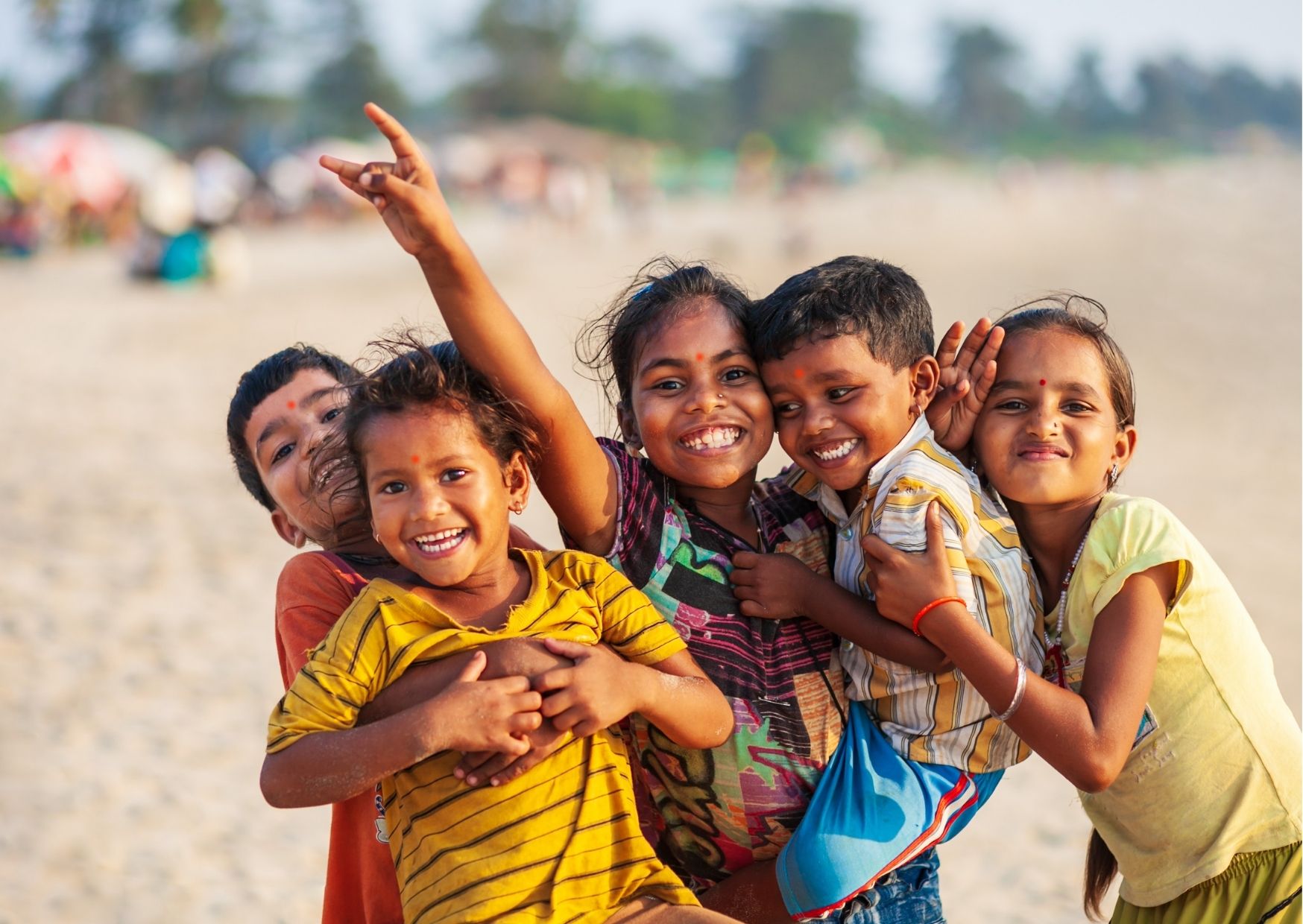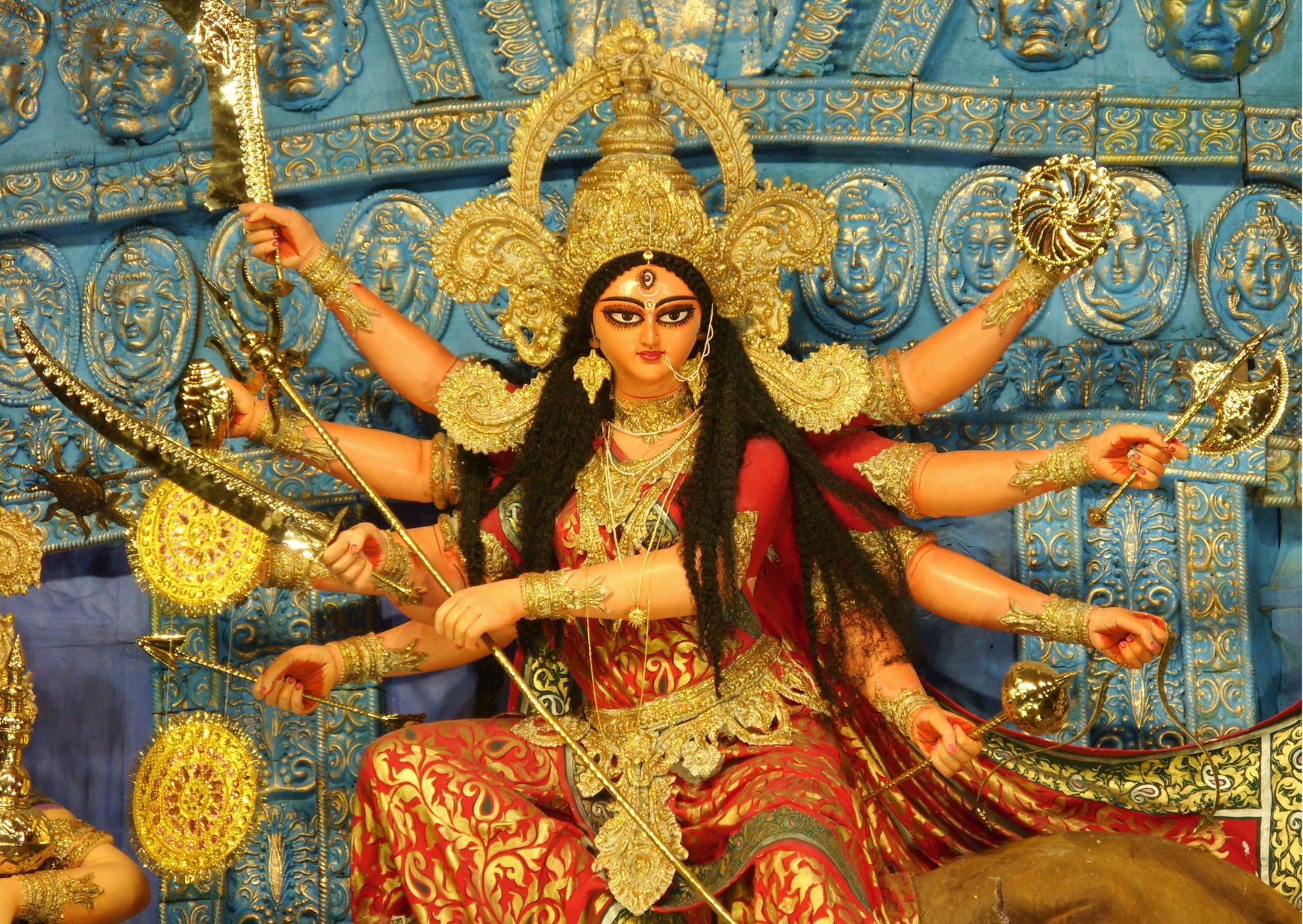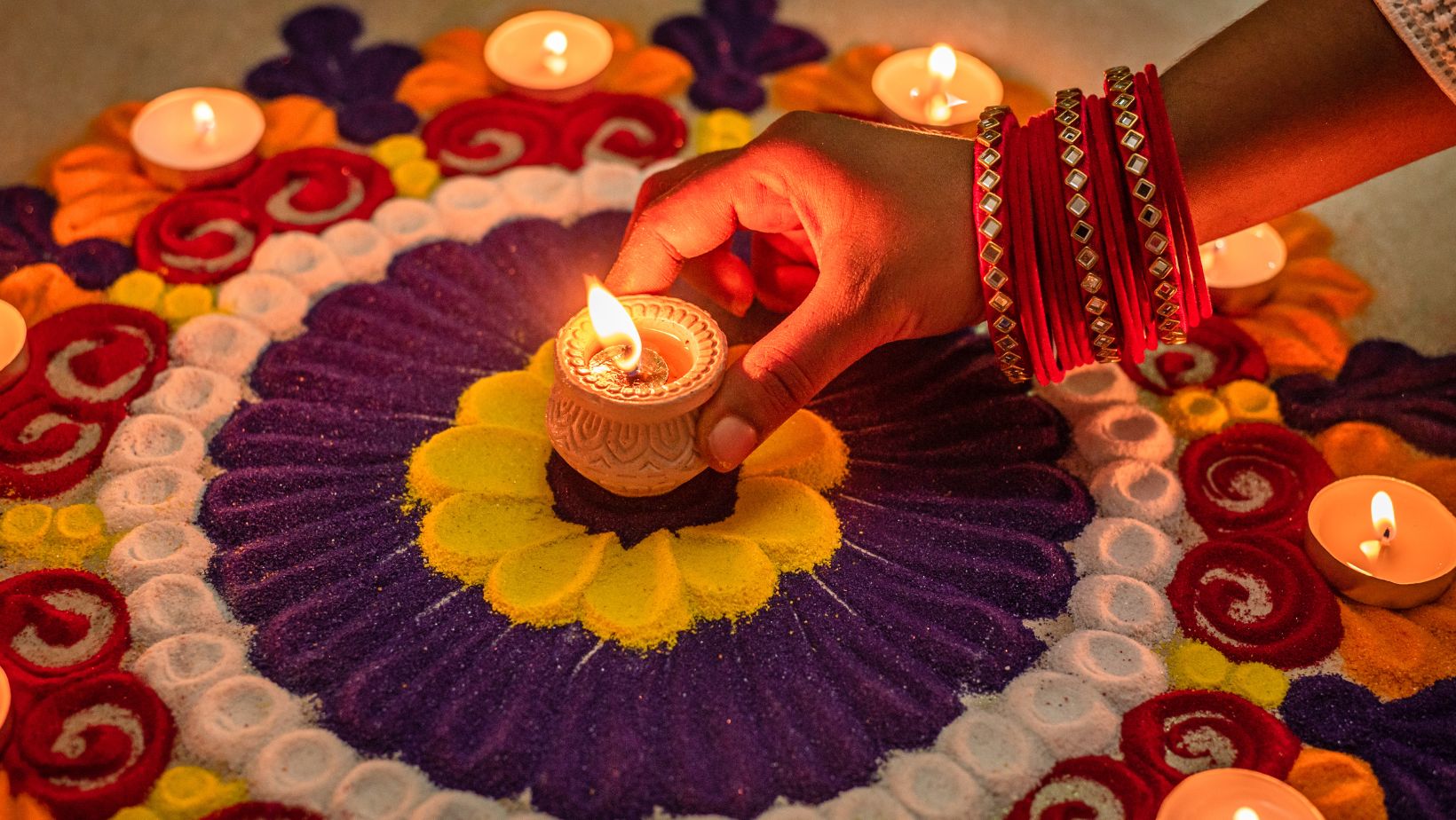Ten desi (traditional) Indian games that will take you back to your childhood
Are we introducing the desi/traditional Indian games to the next generation?
Traditional Games of India
India has a wonderful blend of dialects, cultures, and traditions that makes it unique in the world. The same holds for sports and games. Most people are unaware of how amazing Indian traditional games are. But with technological advancements, the current generation is glued to screens, finding entertainment in gadgets and technology. My mind wanders back to my childhood when there were no fancy gadgets, but we were never bored. It was the traditional games that occupied a significant portion of our time. They gave us a childhood that shaped our lives forever. So, it's a good idea to bring back our traditional Indian games and introduce them to this generation. Those who think the games are too old-fashioned for today's generation should think again since they provide the following benefits:
Physical activity: Children today lack physical activity, something most of these games promote.
Team-spirit: The games encourage children to play together, often in a team, which improves their social skills.
Cultural values: Children can connect with their culture and to their parents' childhoods through these games.
Cost-saving: There is rarely any expense associated with these games, as they require little to no equipment.
So, which are these traditional games that we are talking about? In what ways do they win over the Candy Crushes of today? Let's explore 10 such traditional games in India that have defined childhood for generations.
Lakhoti or Kancha (Marbles)
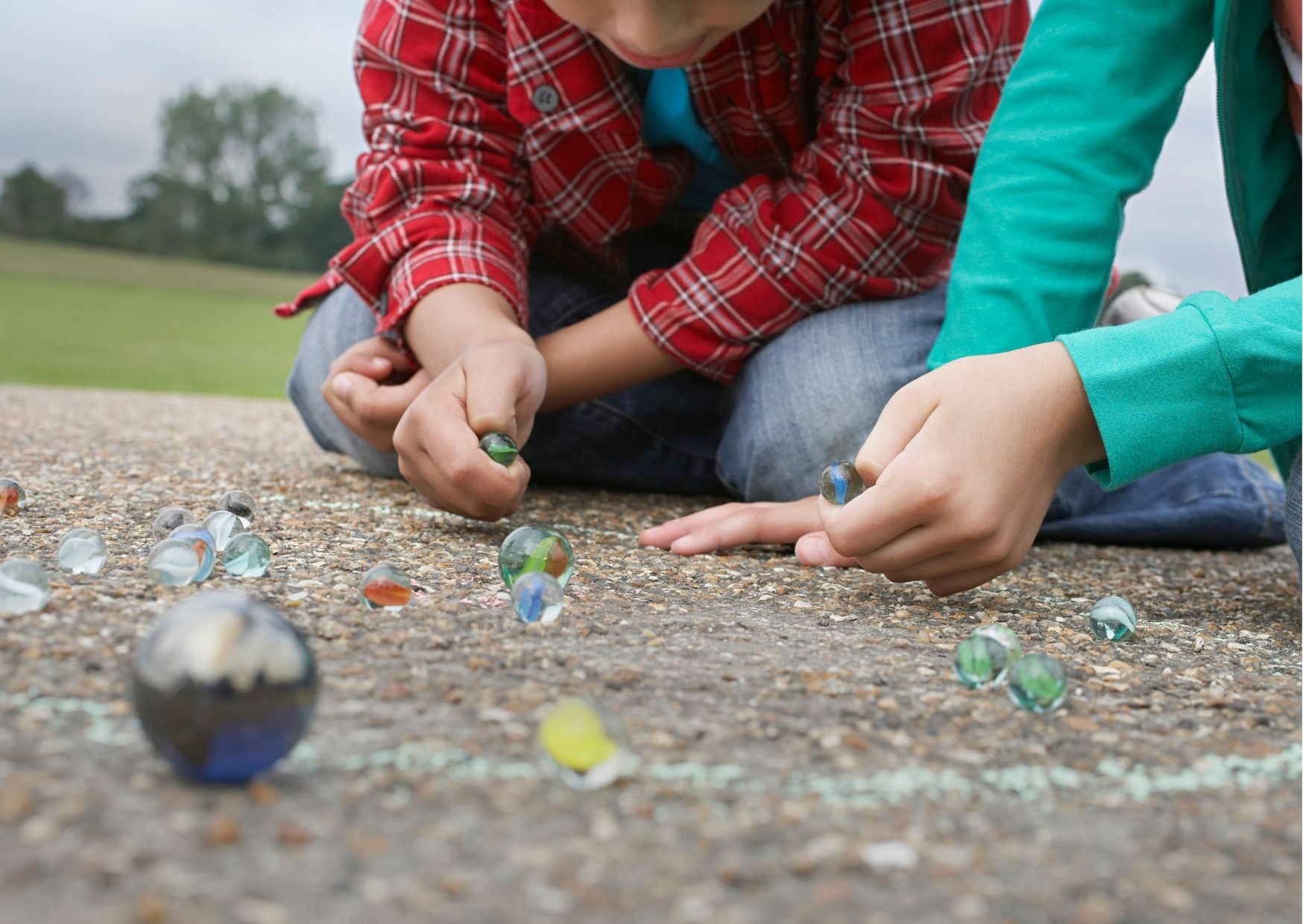
Played with cute little marbles, Kancha or lakhoti is played by children all over the country. Also known as golli or goti, this game is believed to have originated during the Harappan age. The game is about striking a particular marble amidst many, using another marble. Though the game doesn’t include much physical movement, it helps increase focus and attention.
Stapoo (Hopscotch)
.jpg)
Surely everyone’s favourite, this traditional game is also known as Nondi and kith kith. There is a kind of grid ladder drawn on the ground with numbers written on it. Then a stone is thrown on the numbers and the player has to hop to the numbered block without touching any other blocks or edges. In addition to being a good physical exercise, this game also helps to maintain balance and coordination.
Gilli Danda
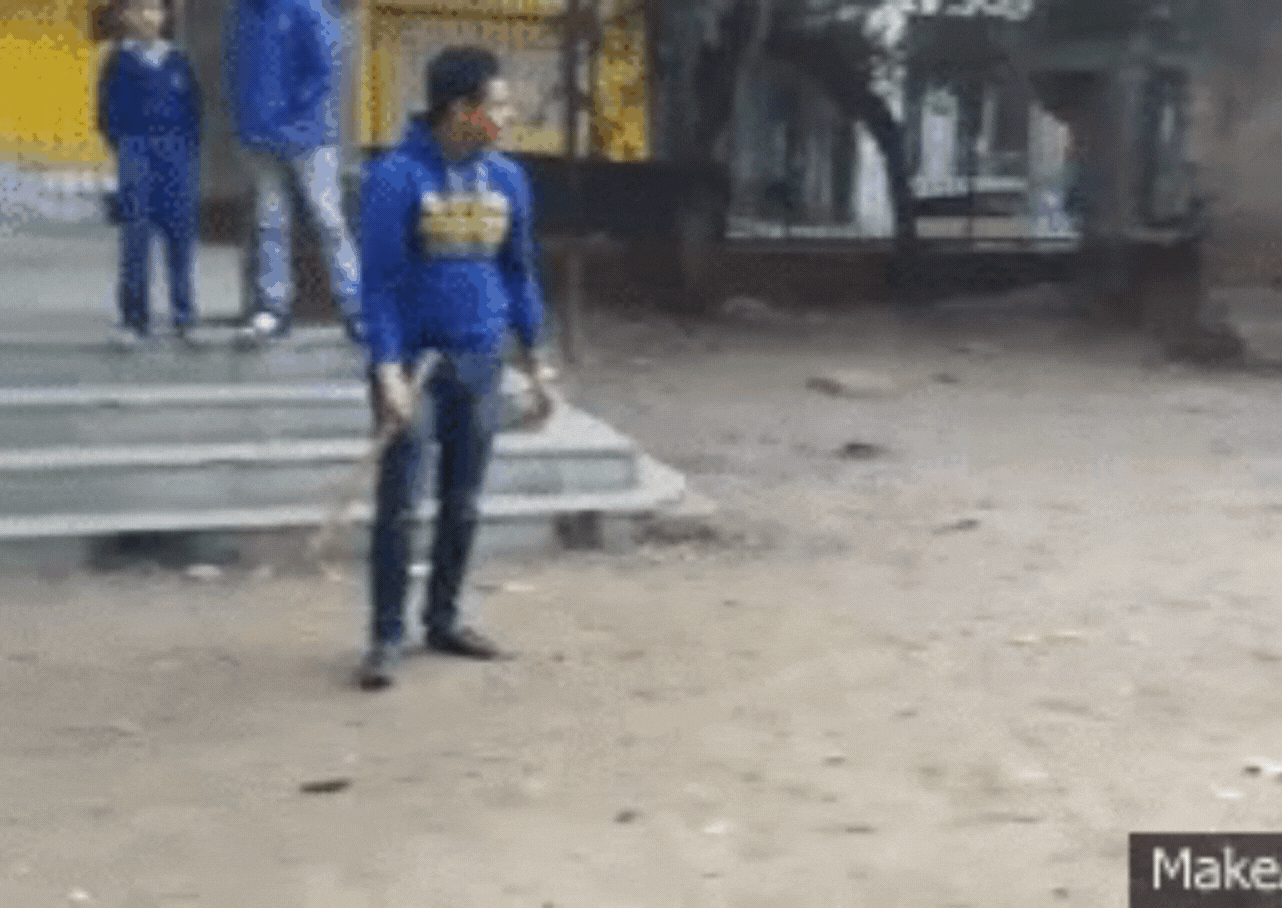
Okay, Gilli danda is one of the most popular traditional games in India, synonymous with playing on the streets. Using the Danda, a big stick, a small oval-shaped stick called Gilli is flicked up from the ground and then struck while still in the air. Right after hitting the Danda, the player needs to run to a certain point before the Gilli is caught by the opponent. Games like this are good for strengthening eye-hand coordination. It inspired western games like cricket, baseball and softball.
Chaupar
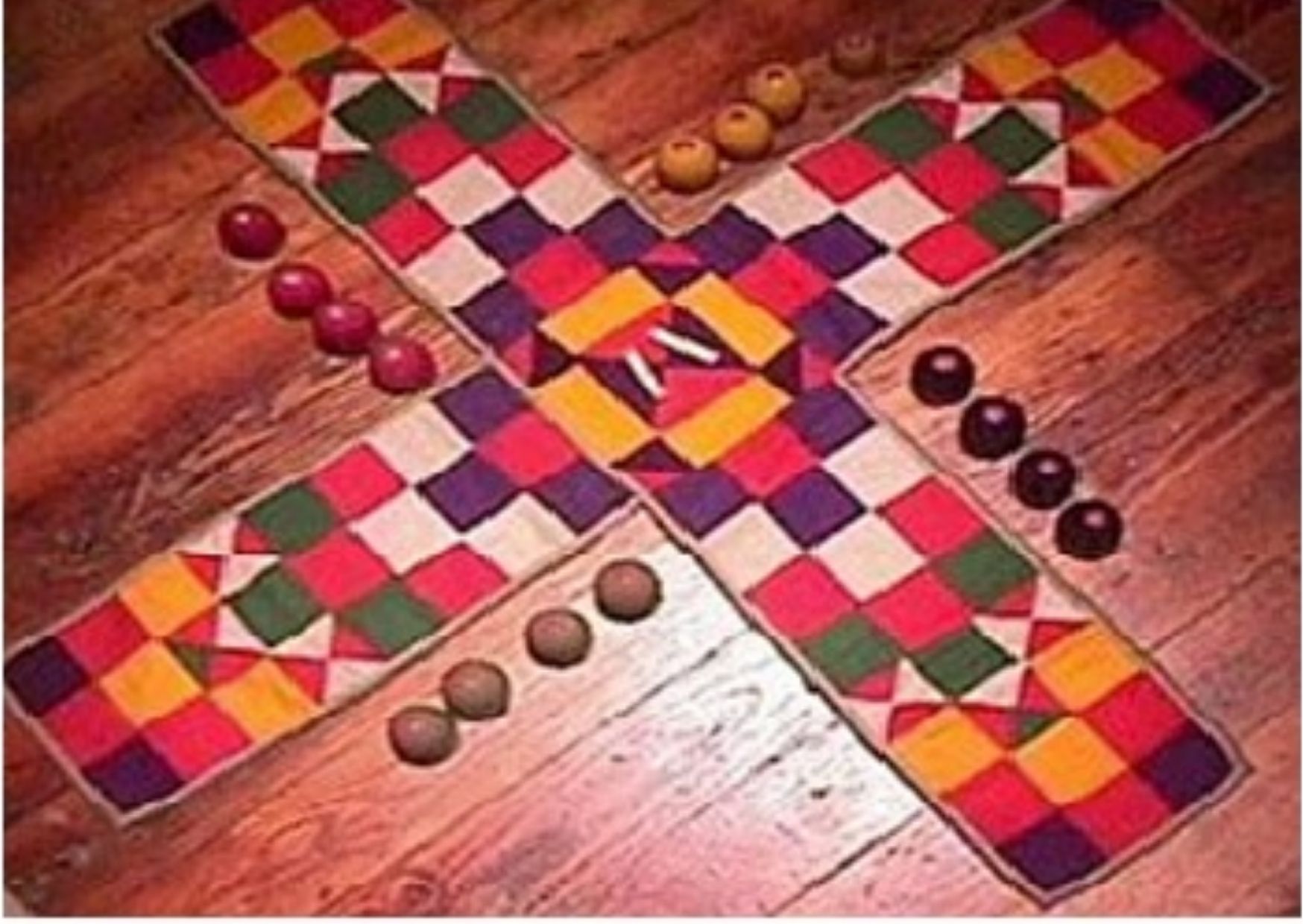
Chaupar, also known as Pachisi is a board game that translates to ‘twenty-five’. It is quite similar to modern-day Ludo but is a bit more complex. The game has mention in the Mahabharata and is famous among Mughal kings. It is played by four players and requires a special cross-shaped board made of fabric. The counters or pawns are usually cowrie shells. The centre of the board is considered ‘Home’ and each player has to ensure that all his or her pawns reach home before the others. This game involves a good deal of strategy and planning.
Lattoo
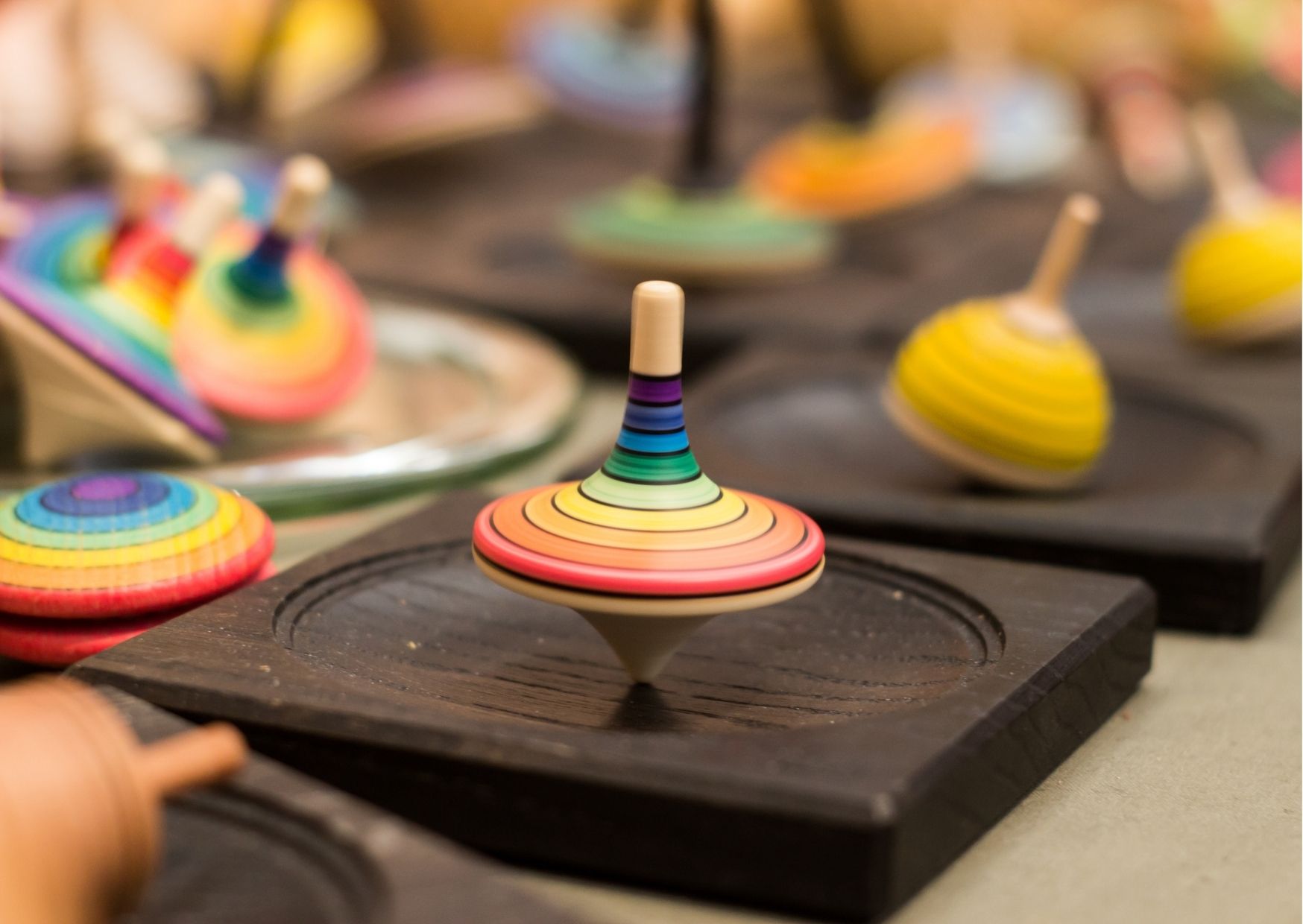
Lattoo or the spinning top is the game of wrapping a rope around a top and then pulling the rope to make it spin for as long as possible. It is made from clay and wood.
Gutte
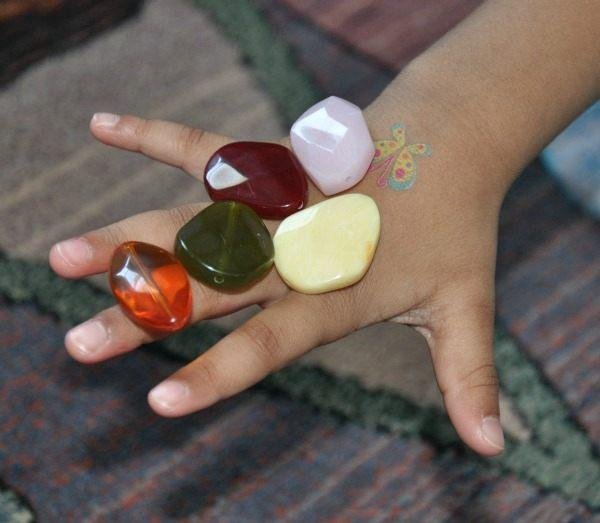
Gutte more commonly known as five stones has many variations across the country. The game involves five stones, preferably with a smooth surface. The objective of the game is to pick up all the stones while spinning one in the air. It involves a good deal of hand-eye coordination, concentration, speed and reflexes. The game gets challenging as it progresses, and also a lot more fun!
Lagori
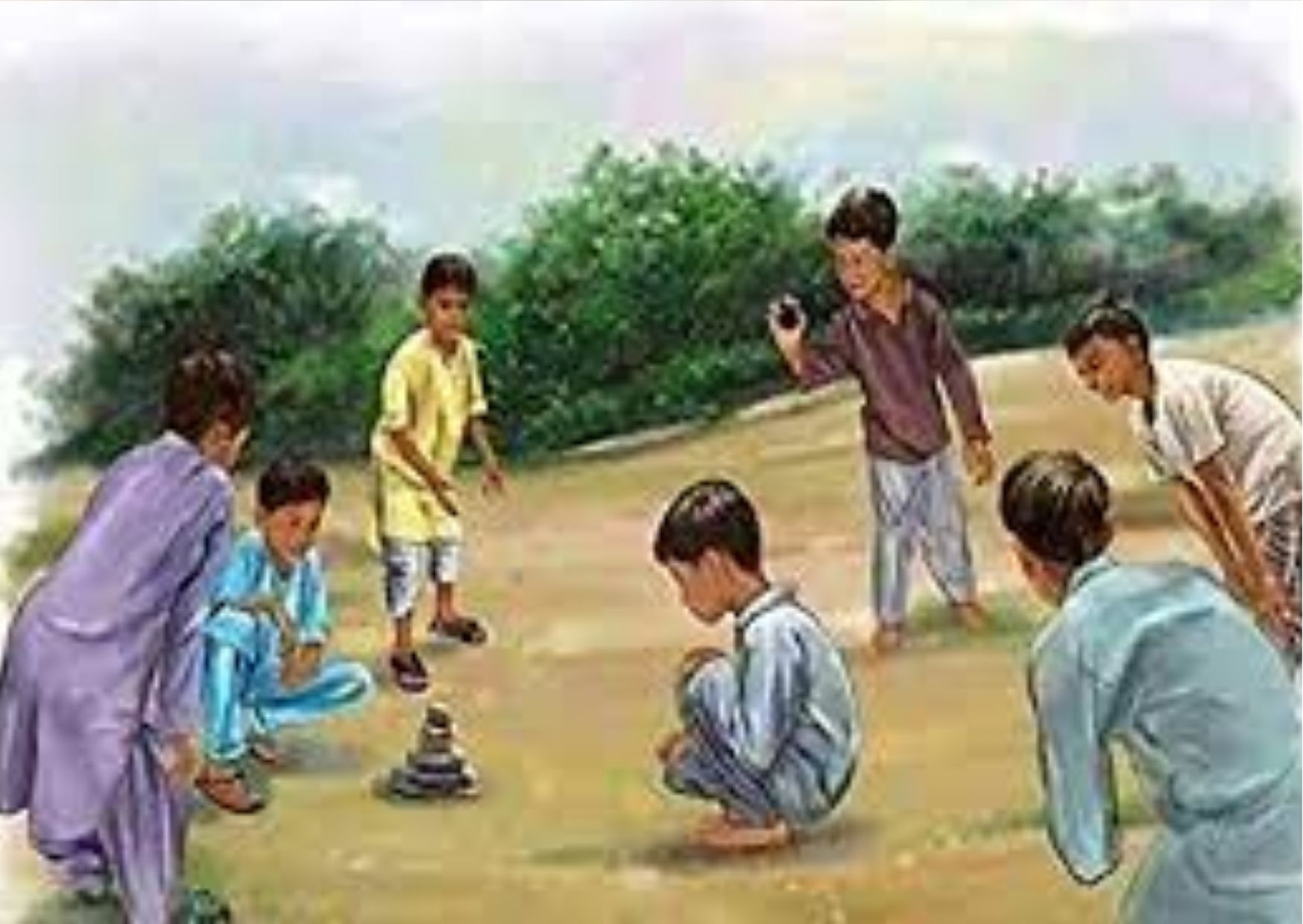
You must have heard this game by the name of Sitoliya, pitthoo, lingocha or seven stones/tiles. All you need is a stack of stones and a ball to play this game. The game is played in teams, and each team gets three turns to knock down the pile of stones. Team members must try to put the stack together before getting hit by the ball. This is a fun game that truly celebrates team spirit and encourages bonding within the team.
Aankh Micholi
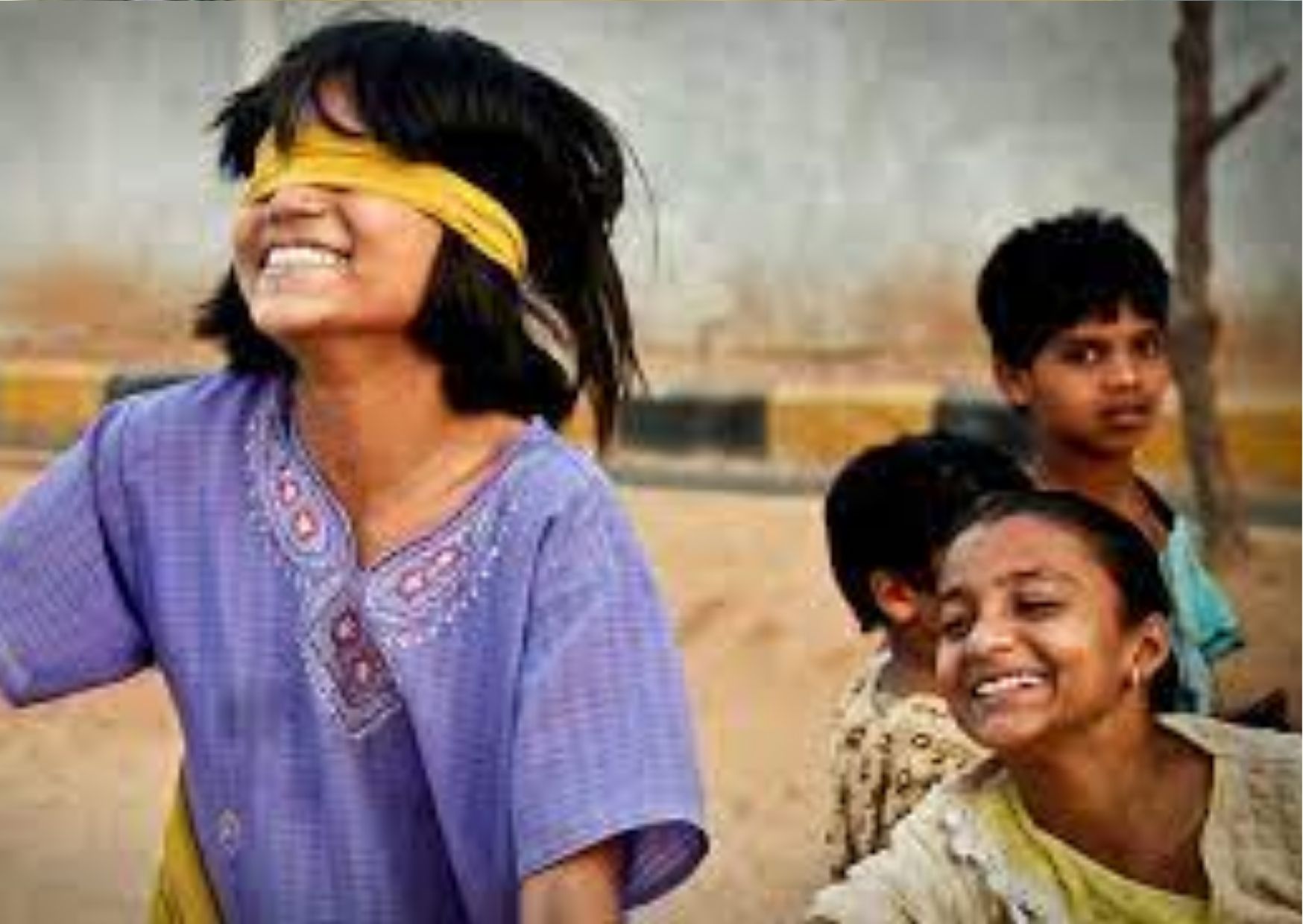
Blind Man's Buff is basically Aankh Micholi. In this game, a player is blindfolded and has to catch the other players who run around him. As other players move around, they sometimes yell, making the blindfolded player even more confused! It is excellent for developing sensory skills and focus as well as for strengthening spatial and directional skills.
Kabaddi
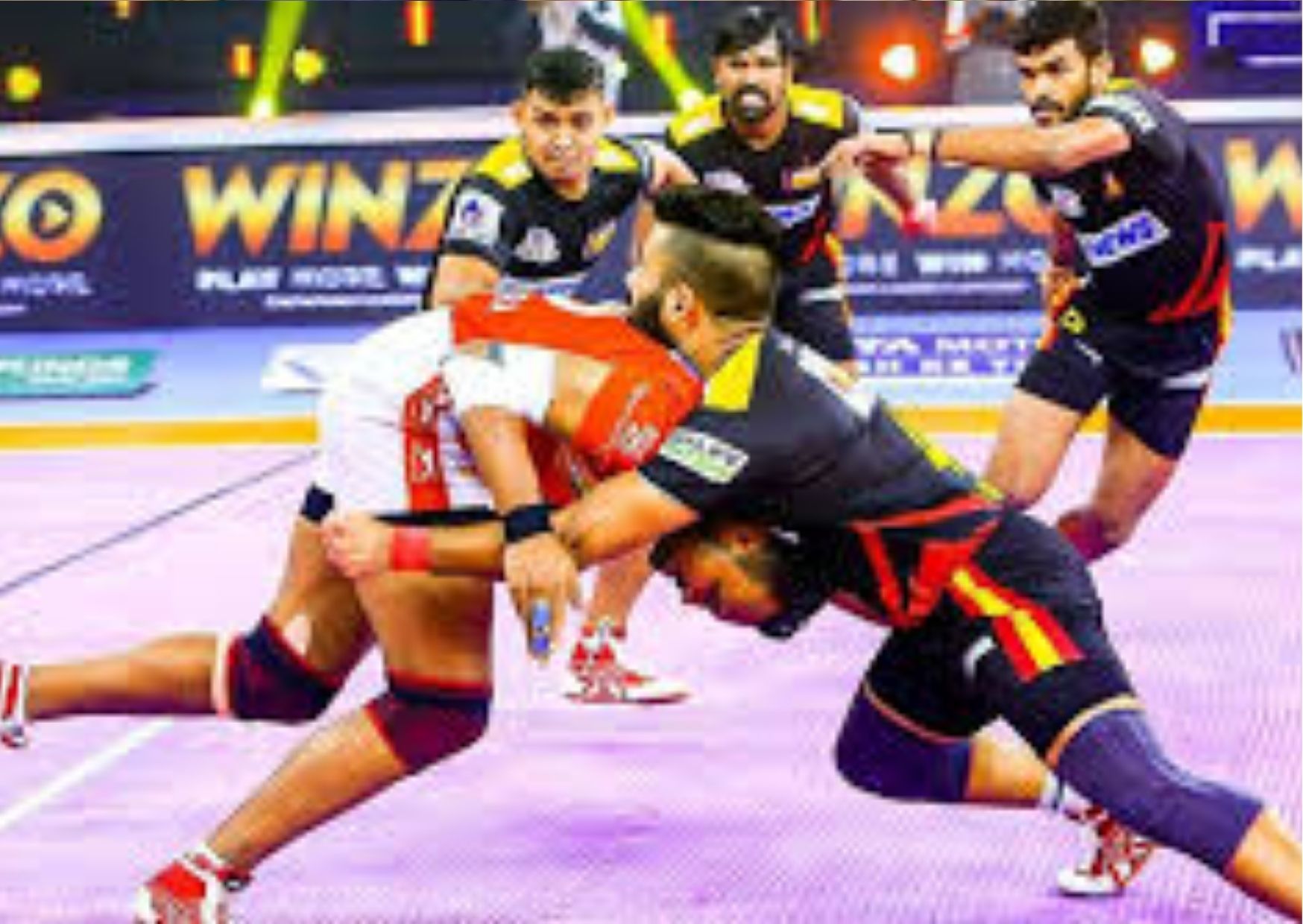
The list of traditional games would not be complete without mentioning the game which originated in India during prehistoric times. It is played by two teams without any equipment. During the match, each team tries to break into the opposing team's area and touch as many players as possible while holding their breath and reciting ‘kabaddi-kabaddi’ continuously. Players who are 'touched' are out. A test of strength and agility as well as strategy, this game keeps everyone focused.
Kho-Kho
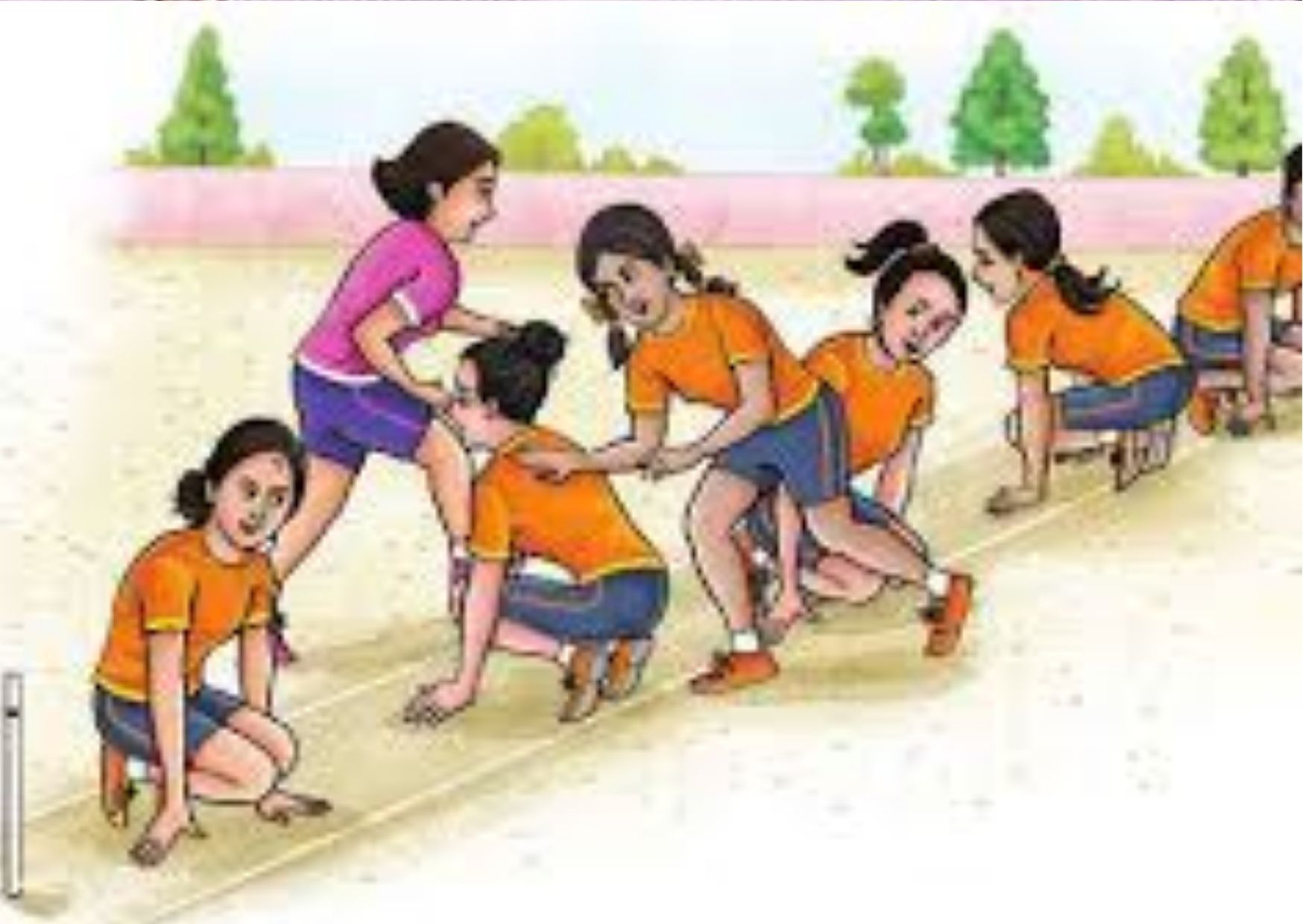
Kho-Kho is a popular team game played in schools and at large gatherings. This game is an Indian variant of 'Run Chase', in which players have to run behind another player in order to touch them. Players are divided into two teams and the first team sits on the ground alternately facing opposite directions. In an attempt to avoid being touched by the opponent, the other team runs around this group.
Did some of these games bring back memories of your childhood? Mine certainly did. There were many others that we played in classrooms like Raja Mantri Chor Sipahi, crosses and naughts, FLAMES, name place animal thing. In the lunch break there was chain-chain, piththu, four corners crocodile-crocodile and so on. Do children today play these games? Fortunately many do and good samaratians across India are promoting fitness and health the desi way!
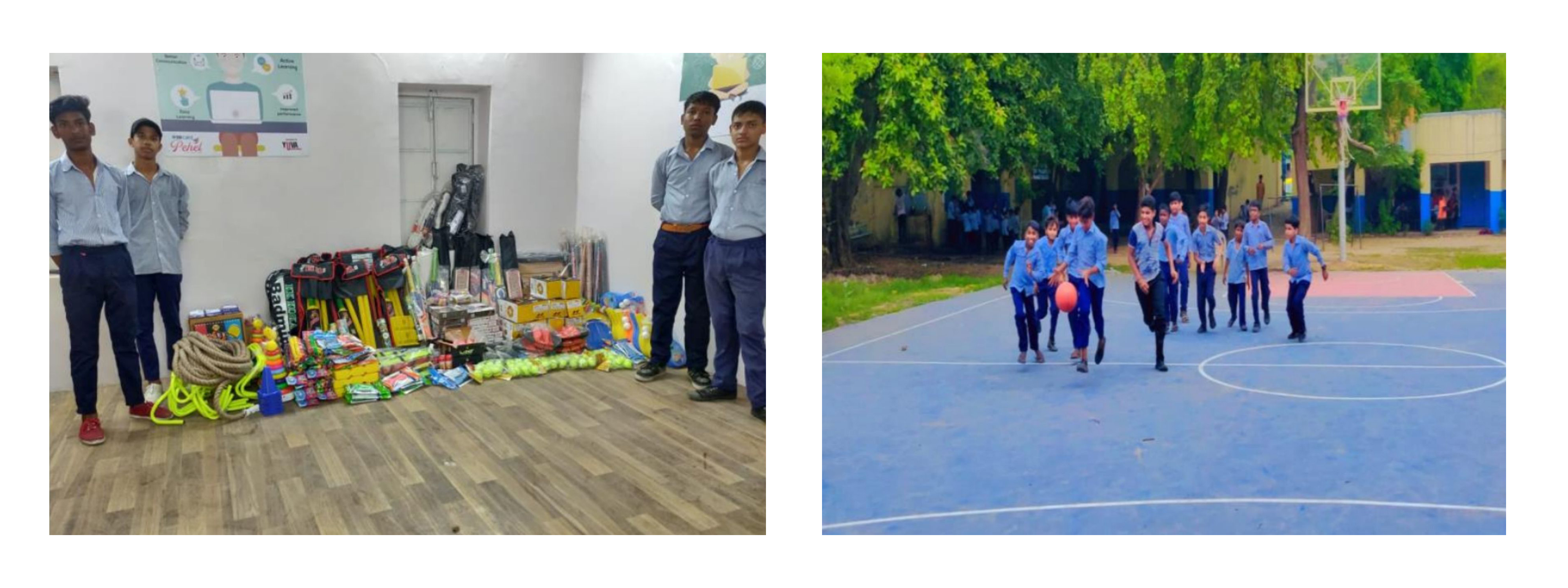
These traditional games have a rustic and local flair to the techniques and methods. The names and the style of playing are heavily influenced by the local, regional, and cultural nuances of its surroundings. Hence, these games often become more than mere time passers. They become means of building teams, building characters, building strategies, and understanding true core values more deeply.

